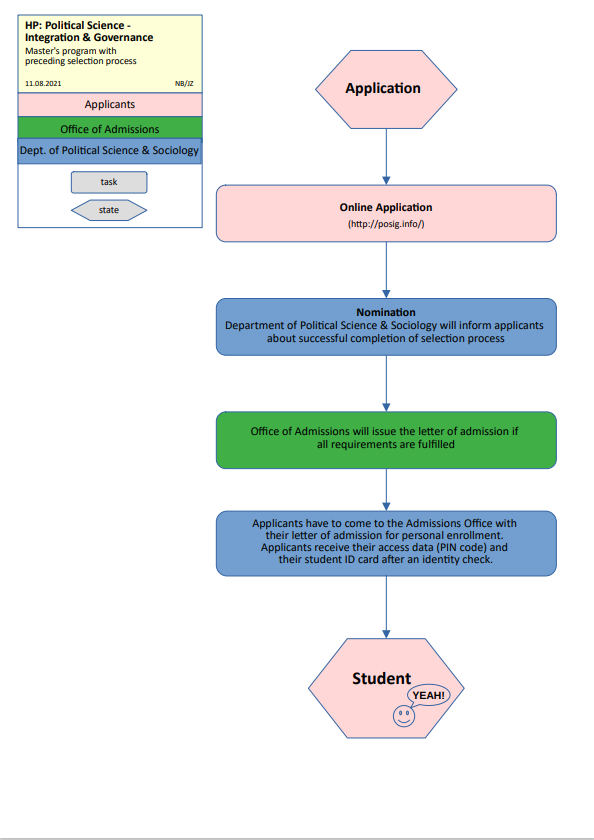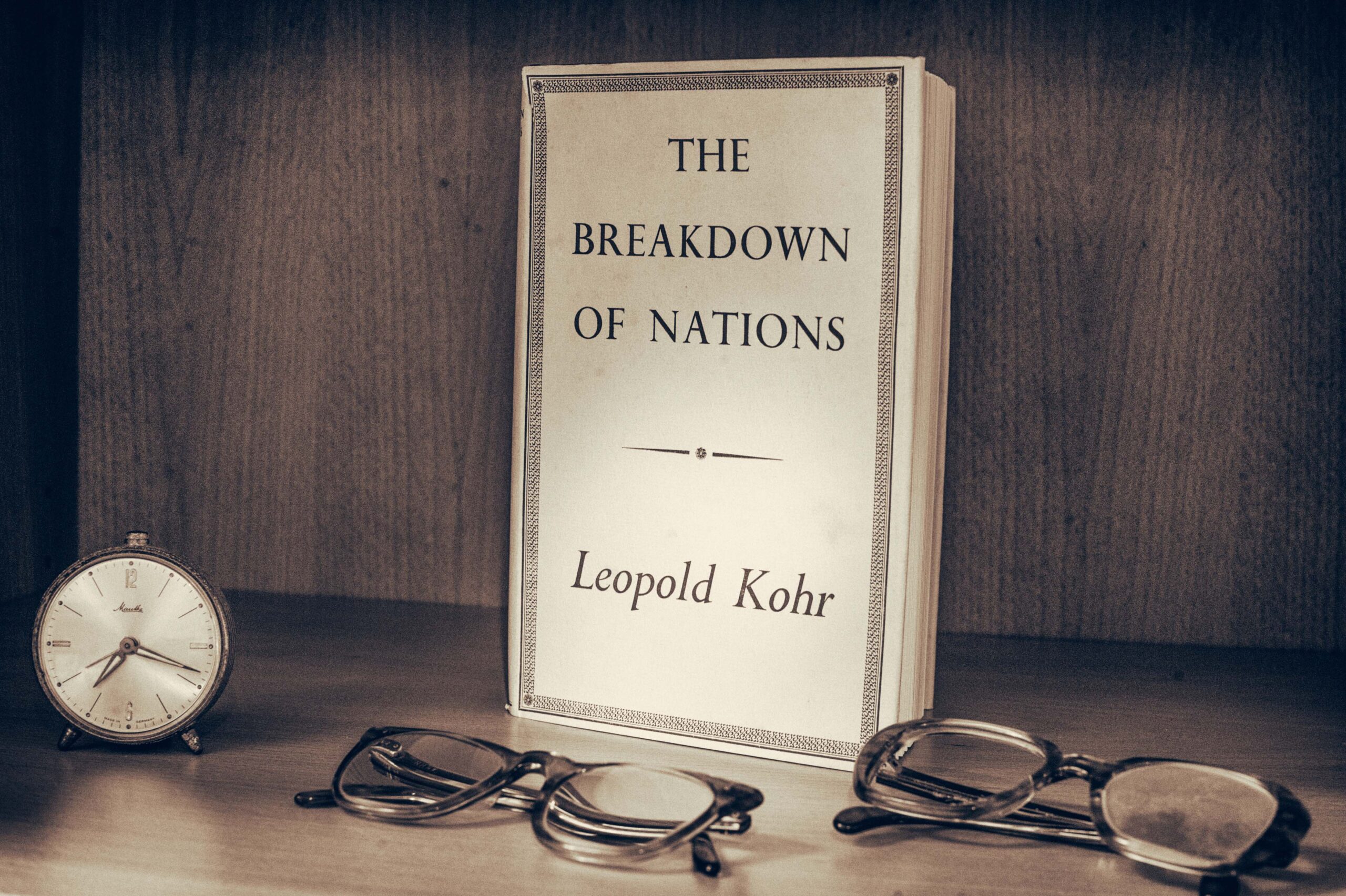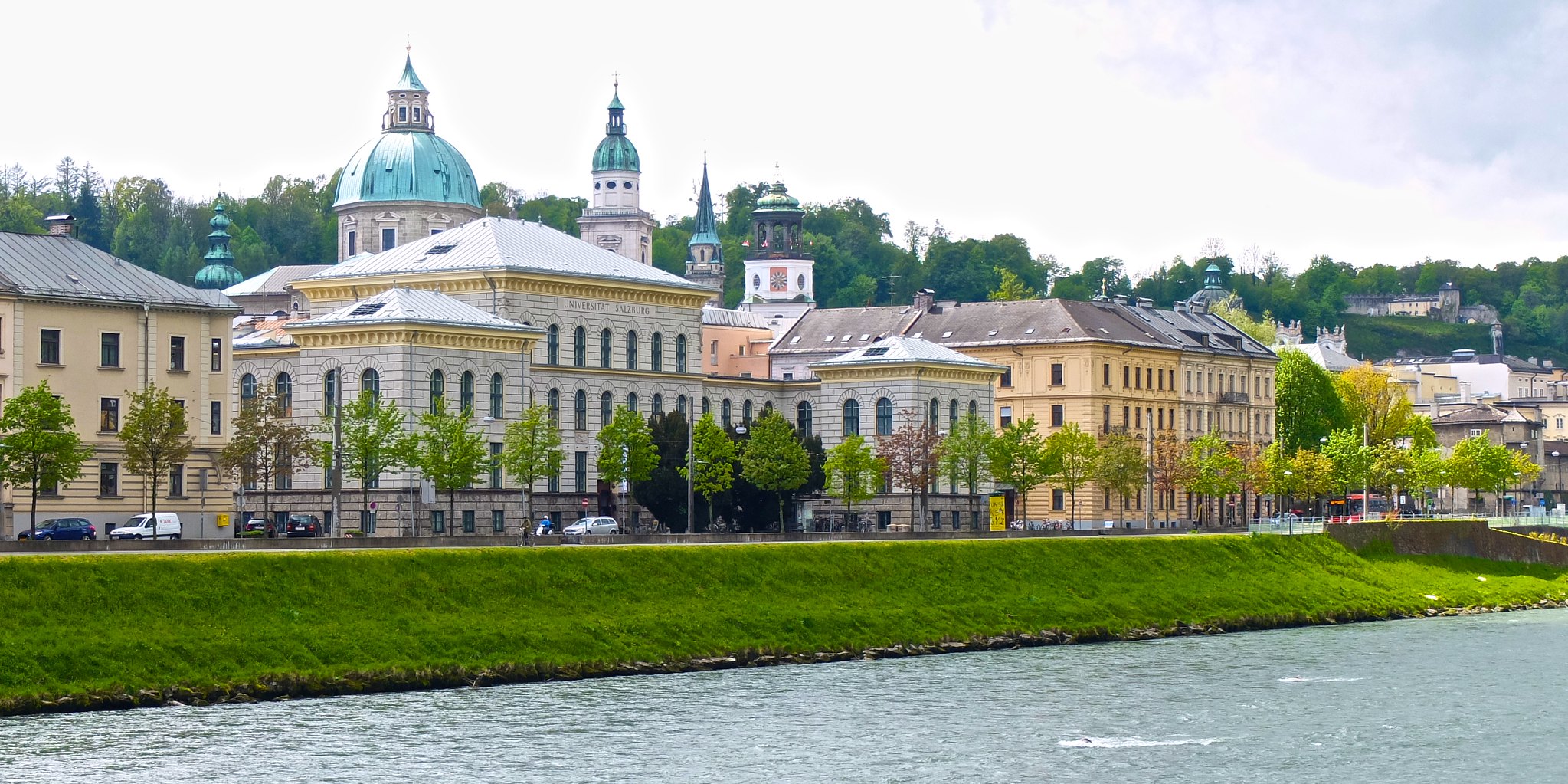POLITICAL SCIENCE – INTEGRATION & GOVERNANCE MA
| Apply now |  |
| Course Duration / ECTS | 4 semesters / 120 ECTS |
| University degree | Master of Arts (MA) |
| Admission Requirements and Curriculum | · In order to be admitted to the Master’s course in Political Science – Integration & Governance, students must hold a Bachelor’s degree in Political Science or International Relations with at least 15 ECTS Methodology in Social Sciences. · Curriculum |
| Language of instruction English | Proof of language proficiency |
| Dates and Information | · Annual call is open from 15 February – 15 April · for details: www.posig.info and www.facebook.com/posig |
Are you already a student at the PLUS and want to take up this study program as well – or switch? Please contact the Office of Admissions via the link below.
If you still need help or advice after enrolling (registering for a study program), you will find important links here.

What will I learn?
Upon completion of this Master’s degree course, students will have acquired the following skills and competences: Competence in the field of study, in particular: comprehensive knowledge of the theories in political science, political concepts, actors, institutions, processes, norms and central policy fields in selected modules; the ability to understand, assess and apply social science research with high methodological standards to other modules; the ability to analyse political and societal problems, based on social science concepts and theories. Methods competences, in particular: the ability and knowledge to thoughtfully and critically apply the methodological instruments of empirical-analytical political science research, including the ability to use statistical software, and to plan and carry out independent research; the ability to cooperate with others (inter-disciplinarily or in groups), to carry out research together; the ability to present complex research and research findings convincingly in front of an audience. Competence in sound reasoning and judgment, in particular: the ability to understand high-level social and political science literature and to critically analyse and assess it by drawing on the insights of neighbouring disciplines (law, economics, sociology, history); the ability to assess the presentation of scientific research outcomes, to make comparisons and to give self-reflecting feedback; the ability to debate and compare one’s own insights and positions with those of others and to modify them, if necessary. Competence in responsive action, in particular: the ability to grasp political and social problems, to develop practical strategies for solutions and to present them in public debates; the ability to connect science and political practice; the ability to engage in politics effectively on basis of scientific insights.

What makes Salzburg so special as a place to study?
The University of Salzburg (PLUS) is the starting point for almost all fields of studies within the PoSIG program of the first year. In the field of Political Science, the PLUS is not only one of the key nodes of the European Poltical Science networks on teaching this field as co-coordinator of www.erasmus-network.eu, but also the main hub for capacity building activities at Western Balkan and in the Black Sea region, offering also European grants for student and staff mobility to support new learning, teaching and research experiences.

Which career opportunities do I have?
Graduates of this MA degree course will have a unique academic profile. This profile draws on the fields of specialisation, the international body of students and lecturers and an individual mobility path between EU and Western Balkan partners. A compulsory internship will ensure practical experience. In this context, graduates will acquire specific expertise about the conditions for social, economic and political processes on the Western Balkans. Through their master’s thesis projects, students are encouraged to carry out innovative research relevant for the social, economic and political development of the region. With the acquired knowledge, graduates will be able to contribute to the political debate and to processes related to Europeanisation. The typical professional fields of graduates of the Joint Master’s Programme in Political Science – Integration and Governance are: employment at local and national level in public administration, parliaments and political parties, non-governmental organisations, interest groups and trade unions, the business sector, media and public relations; employment in international organisations, foreign services (careers in diplomacy), in institutions of the European Union and in international profit and non profit organizations, development agencies and NGOs; employment in the field of civic and political education (foundations, academies, educational institutes, etc.); academic careers (teaching and research at universities and research institutions).
Contact

Dr. Franz Kok
Executive Director Joint MA Political Science – Integration & Governance
Rudolfskai 42, 5020 Salzburg
Tel.: +43 662 8044-6613
E-Mail: frafYRnz.Oaykok@DrJplus.2Ggac.atge-
Photographs: © Luigi Caputo (1-3) I © Franz Kok (4)




